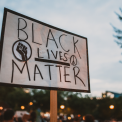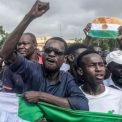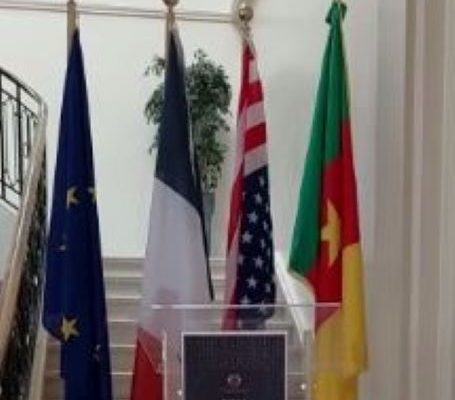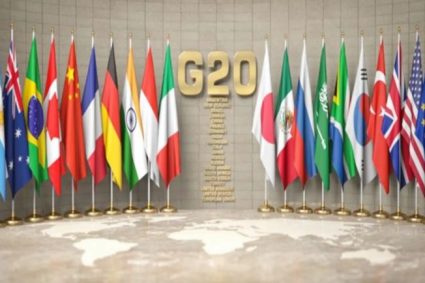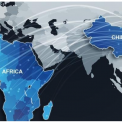
1 an

Simon P. Alain Handy Fondateur du Think Tank HCCP-Global Think Tank à France 24 sur le Gabon
L’opposition au Gabon a demandé, le 31 août, aux militaires qui ont renversé le président Ali Bongo d’achever le comptage des bulletins de vote pour reconnaître la “victoire” de son candidat
Afrique-Afrique
DE L’HYPER PUISSANCE AMERICAINE ET LA NECESSITE D’UNE RECOMPOSITION DES EQUILIBRES GEOPOLITIQUES DANS UN MONDE EN MUTATION. Par Simon Pascal Alain Handy, Directeur Exécutif du HCCP-Global Think and Do Tank (Cabinet-Conseil)
Dans le nouveau désordre mondial actuel qui persiste, les puissants s’en sortent toujours mieux et continuent d’écraser les moins puissants. Dans cette ère de dislocation de l’ordre international, une fragmentation des équilibres géopolitiques héritée de la Seconde Guerre mondiale est en ordre de marche et […]
Non classé
L’OCCIDENT ET LA PATERNITE DES BRICS: UNE TENTATIVE DE DEPOSSESSION ET DELEGITIMATION
Un regard dans les coulisses du 15ème Sommet des BRICS à Johannesburg, où la lumière des projecteurs brille encore intensément permet de comprendre la dimension et l’irruption fulgurante de cette nouvelle entité sur la scène internationale.
Afrique-Europe
Simon P. Alain Handy Fondateur du Think Tank HCCP-Global Think Tank à France 24 sur le Gabon
L’opposition au Gabon a demandé, le 31 août, aux militaires qui ont renversé le président Ali Bongo d’achever le comptage des bulletins de vote pour reconnaître la “victoire” de son candidat

L’OCCIDENT ET LA PATERNITE DES BRICS: UNE TENTATIVE DE DEPOSSESSION ET DELEGITIMATION
Un regard dans les coulisses du 15ème Sommet des BRICS à Johannesburg, où la lumière des projecteurs brille encore intensément permet de comprendre la dimension et l’irruption fulgurante de cette nouvelle entité sur la scène internationale.
Handy Concept for Connecting People (HCCP) Peace Thursdays Forum Featuring The Economist Speaker Bureau
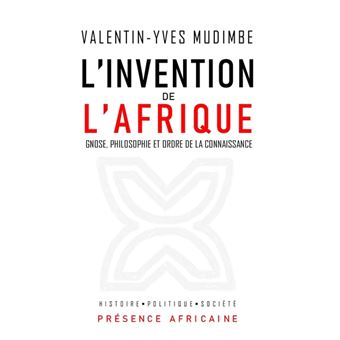
L’invention de l’Afrique
RÉSUMÉ Étrange destin que celui de la trajectoire du livre The Invention of Africa (1988), ici traduit par Laurent Vannini en français. Son auteur Valentin Y. Mudimbe, est reconnu comme l’un des plus fins analystes des sciences sociales, des humanités classiques et modernes et de […]
Livres
Pr Robert Hertzog à la Conférence inaugurale du 16 juin 2022 : lancement des activités du Handy Concept for Connecting People.
Robert Hertzog : Agrégé de droit public et de science politique, Président honoraire de la Société Française de Finances Publiques (SFFP)
Actualités et Evénements Afrique-Amérique Afrique-Europe Forum Les Jeudis de la paix Projets et actions
Simon P. Alain Handy Fondateur du Think Tank HCCP-Global Think Tank à France 24 sur le Gabon
L’opposition au Gabon a demandé, le 31 août, aux militaires qui ont renversé le président Ali Bongo d’achever le comptage des bulletins de vote pour reconnaître la “victoire” de son candidat
Afrique-Afrique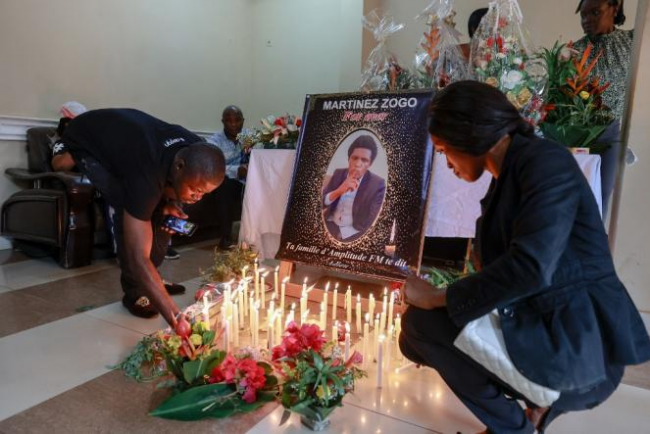
« Comment vivre ensemble au Cameroun aujourd’hui et demain sans s’entretuer ? »
Après l’assassinat du journaliste Martinez Zogo, une vingtaine de personnalités font part de leur « vive préoccupation face à la tournure violente du débat public ».
Le Cameroun magnifique et fraternel est possible. Il est donc impérieux dès maintenant de créer les conditions d’une réconciliation générale au travers d’un réarmement moral pour affronter les défis du jour et de demain. Nous devons “apprendre à vivre ensemble comme des frères et sœurs ou nous mourrons tous comme des cons”.
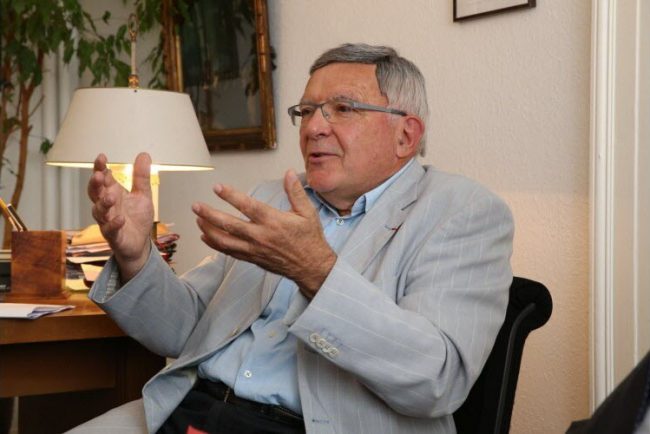
La Conférence inaugurale du Forum Jeudi de la paix du HCCP a global THINK TANK sera introduite par le Pr Robert Hertzog
Le Pr Robert Hertzog aura également l’occasion d’apporter la lumière sur ces questions d’urgences européennes à travers un hommage à M. Michel Rocard en nous parlant de la vision de l’ancien premier ministre socialiste sur une Europe Unie et ses relations avec l’Afrique .
Afrique-Afrique Afrique-Europe Forum Les Jeudis de la paix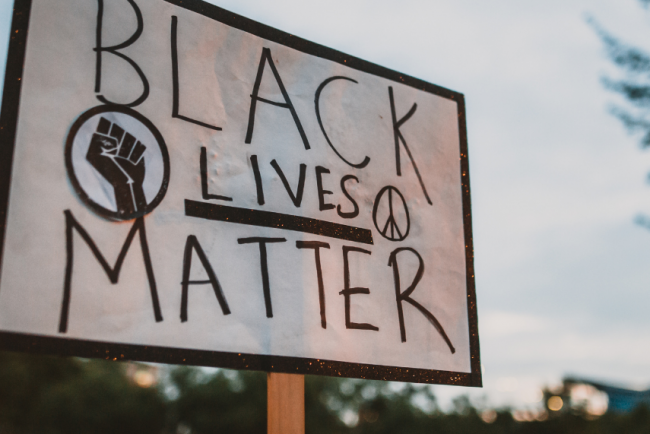
Pandémie de négrophobie ou de l’impossibilité de la Fraternité entre les mondes arabes et L’Afrique noire. Par SPAH HANDY analyste politique et spécialiste de paix et sécurité internationales
La population noire en Tunisie vit un vrai martyre et des abominations sans nom. Des mentions telles que “Atig” (affranchi) continue de figurer sur des documents d’identité.
Afrique-Afrique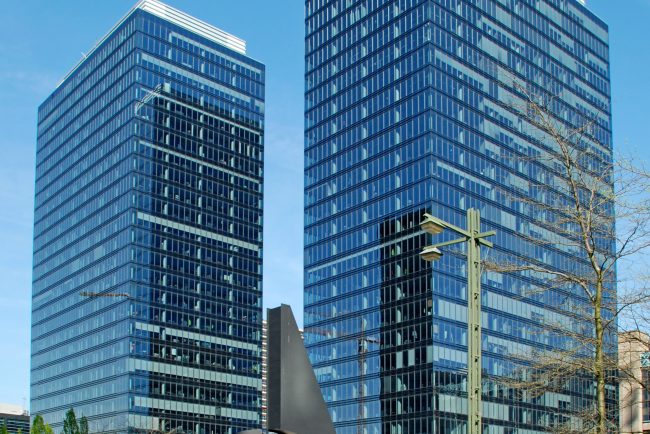
Analyse indépendante actuelle
Montée de la négrophobie en Afrique du Nord et dans le monde arabe. Quelles sont les retombées géopolitiques et ramifications géopolitiques ?
Afrique-Afrique
La sécurité globale de l’Afrique et les intérêts stratégiques pour le monde selon le HCCP
Une Afrique en paix en plein essor ; Inventer une nouvelle idée politique de l’Afrique.Notre stratégie comporte trois objectifs fondamentaux : renforcer la sécurité, la liberté, la prospérité économique, la promotion de la démocratie et des droits de l’homme sur le continent africain, ce qui […]
Afrique-Afrique
Simon P. Alain Handy Fondateur du Think Tank HCCP-Global Think Tank à France 24 sur le Gabon
L’opposition au Gabon a demandé, le 31 août, aux militaires qui ont renversé le président Ali Bongo d’achever le comptage des bulletins de vote pour reconnaître la “victoire” de son candidat
Afrique-Afrique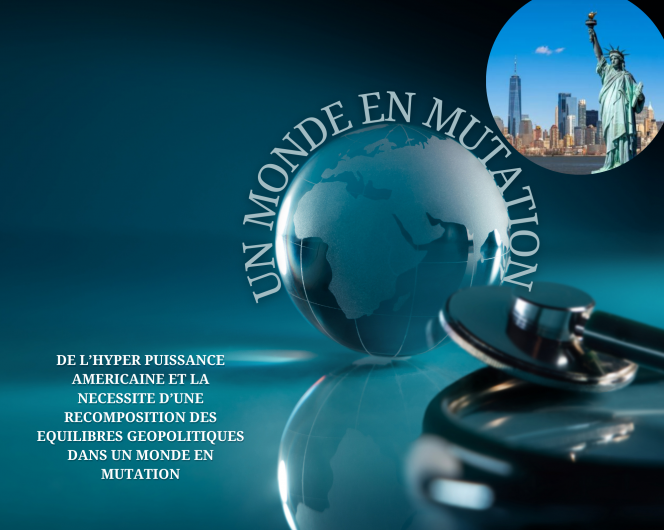
DE L’HYPER PUISSANCE AMERICAINE ET LA NECESSITE D’UNE RECOMPOSITION DES EQUILIBRES GEOPOLITIQUES DANS UN MONDE EN MUTATION. Par Simon Pascal Alain Handy, Directeur Exécutif du HCCP-Global Think and Do Tank (Cabinet-Conseil)
Dans le nouveau désordre mondial actuel qui persiste, les puissants s’en sortent toujours mieux et continuent d’écraser les moins puissants. Dans cette ère de dislocation de l’ordre international, une fragmentation des équilibres géopolitiques héritée de la Seconde Guerre mondiale est en ordre de marche et […]
Non classé
L’OCCIDENT ET LA PATERNITE DES BRICS: UNE TENTATIVE DE DEPOSSESSION ET DELEGITIMATION
Un regard dans les coulisses du 15ème Sommet des BRICS à Johannesburg, où la lumière des projecteurs brille encore intensément permet de comprendre la dimension et l’irruption fulgurante de cette nouvelle entité sur la scène internationale.
Afrique-Europe




